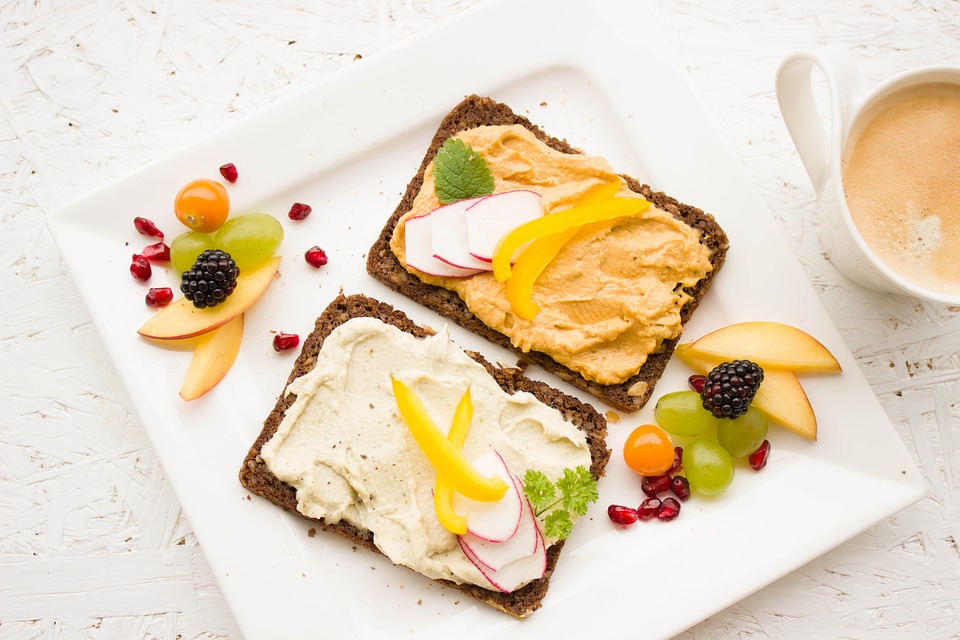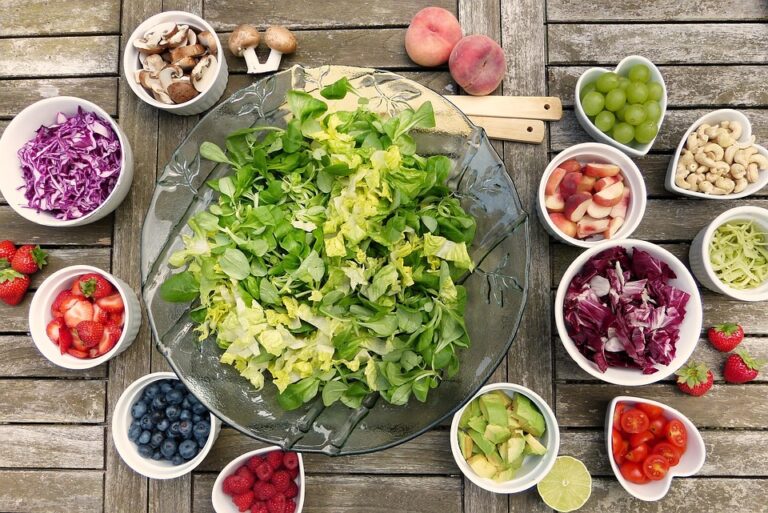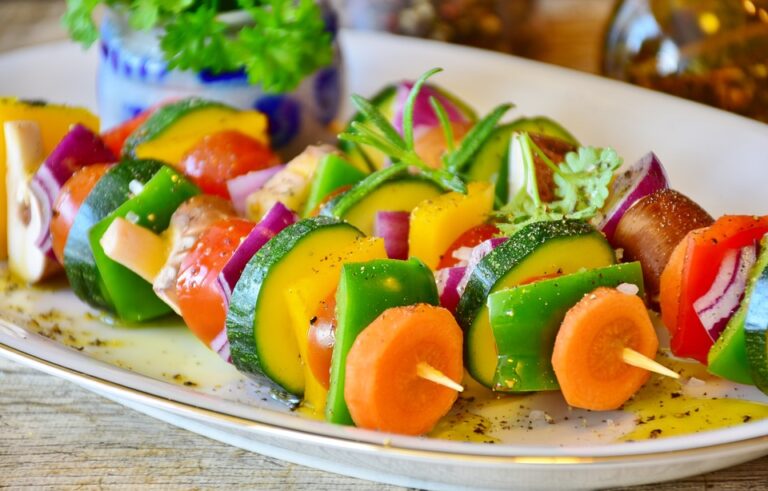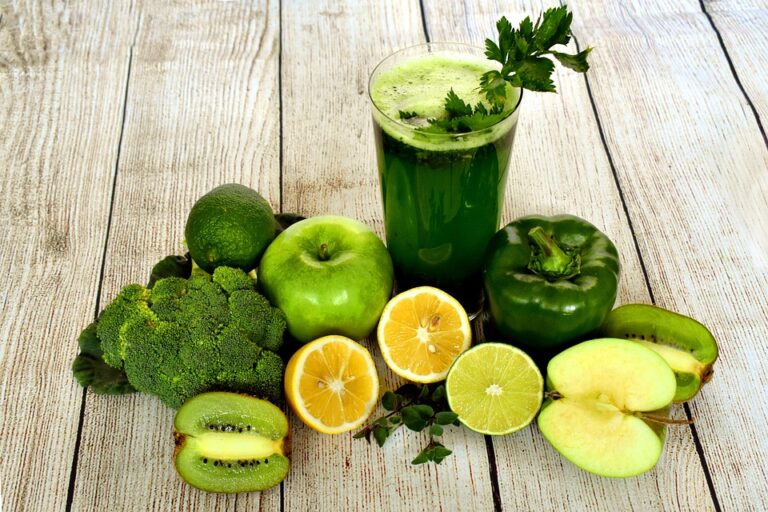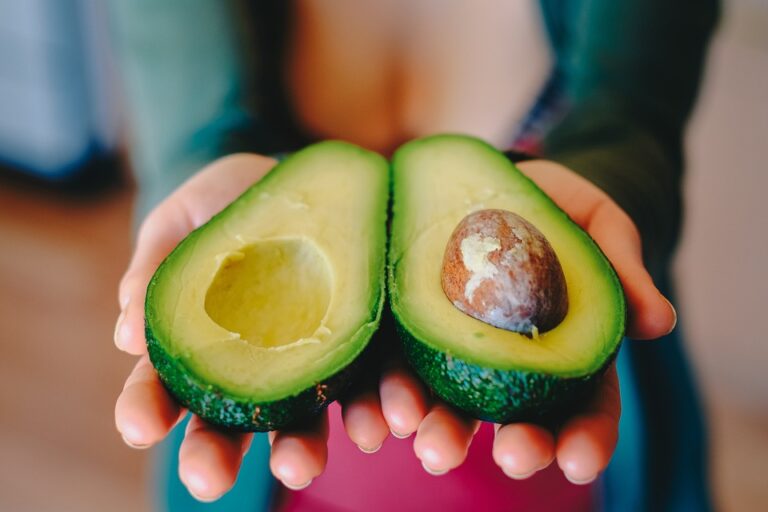Easy vegan food tips for optimal health
If you’re new to the vegan diet or just thinking of sticking to the lifestyle, you may have questions about achieving optimal vegan nutrition. The most common concerns seem to center on protein, calcium, vitamin B12, and DHA. Obviously, you want to stick to your goals and beliefs without sacrificing your own health — or the health of your family — in the process. This brief guide should help clear up any confusion so you can make optimal choices to support your vegan diet.
protein
One of the biggest myths perpetuated by non-vegetarians is that vegans will suffer from a lack of protein and eventually experience a failure to thrive. We don’t just need animal protein, nor do we need the massive amounts of protein typically found in the standard American diet. In fact, eating too much protein can cause great harm to your health.
Vegetarians can easily get high-quality protein from soy products, and seitan (derived from wheat), legumes (beans and peas), nuts, grains (especially quinoa), and even some vegetables like artichokes are excellent sources of plant-based protein.
calcium
Calcium is one of the most misunderstood nutrients. Cow’s milk is served in our public schools as a requirement of the lunchroom and is often pushed as the only way to have healthy teeth and strong bones. However, this is not entirely true.
Green leafy vegetables (especially kale and kale), dates, broccoli, fortified walnuts or hemp milk, and blackstrap molasses are all high-quality vegan options for calcium. One of the easiest ways to incorporate blackstrap molasses is to make your own vegan barbecue sauce for spreading over grilled veggie burgers or as a dip for chicken nuggets.
Vitamin B12
Supplementation with vitamin b12 is widely accepted as a must for vegetarians and vegans alike. If you eat meat, you may get enough vitamin B12 because grazing animals get their food from the soil while chewing pasture grass. However, we do not pull the vegetables out of the ground and eat them with the dirt still on them due to concerns about bacterial contamination. Thus, we need other methods to ensure adequate intake.
Fortunately, there are many fortified foods that offer vitamin B12. You can also find plant sources for supplements that you can take orally or in patch form. Plus, you can add fortified nutritional yeast to your diet in the form of sauces and gravies quite easily and it tastes delicious too! Adding just one tablespoon to your meal comes close to the daily recommended amount of vitamin B12.
DHA
DHA is one of the most common omega-3 essential fatty acids found in fish. A typical vegan diet doesn’t contain enough of these important nutrients, and over time, you can end up deficient. Although walnuts, hemp seeds, and flaxseeds contain enough ALA that our bodies can convert to DHA, most vegetarians and vegans require supplementation.
If you can’t take fish oil capsules, what do you do? This microalgae-derived DHA supplement is a natural, plant-based alternative. There are sources that are grown in laboratories rather than derived from our seas and oceans for people concerned with increasing toxins (i.e. mercury) in our water sources.
Living a healthy lifestyle using plant-based nutrition alternatives is not only possible but easy with a little advance planning.
